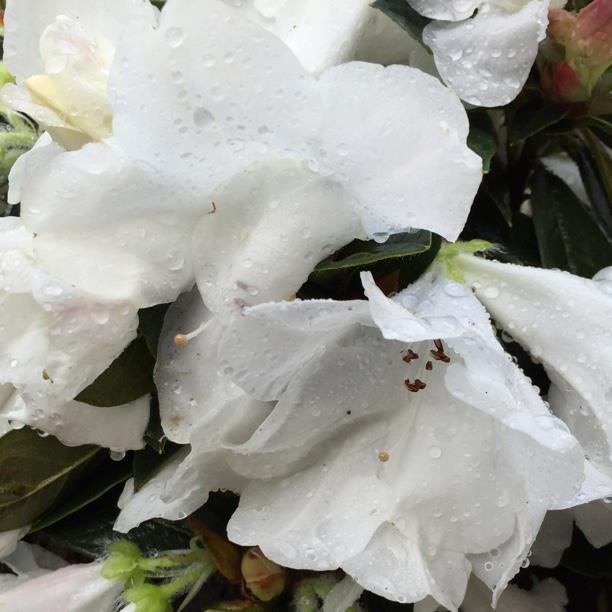
Rhododendron 'Tinkerbird'
Dwarf Rhododendron 'Tinkerbird'
Rhododendron 'Tinkerbird' is a compact and bushy evergreen Rhododendron with coral pink buds that open to large white highly fragrant flowers in late Spring. Ideal for containers and small garden borders.
Contributed by @justin
-
Partial shade
-
Occasional watering
-
Frost Hardy: 23F (-5°C)
-
Moist and free draining
Common name
Dwarf Rhododendron 'Tinkerbird'
Latin name
Rhododendron 'Tinkerbird'
type
Trees or Shrubs
family
Ericaceae
ph
4.5 - 6.0 Acid - Neutral
Plant & bloom calendar
-
Best time to plant
-
When the plant will bloom
full grown dimensions
 0.50 M
0.45 M
0.50 M
0.45 M
Rhododendron 'Tinkerbird'
Rhododendron 'Tinkerbird' is a compact and bushy evergreen Rhododendron with coral pink buds that open to large white highly fragrant flowers in late Spring. Ideal for containers and small garden borders.
Planting
From Late Summer TO Late Autumn
Best planted towards the very end of summer and autumn. If the soil is not acidic dig in plenty composted leaves or bark. Ericaceous compost is acidic. They do best in sheltered, semi-shaded positions but many species with small scaly leaves will thrive in full sun provided they do not dry out. Larger leaved varieties require more shade and shelter from wind.
Propagation by cuttings
From Late Summer TO Mid Autumn
Semi hard wood cuttings are taken from the current years growth from late summer to mid autumn the bottom of the cuttings is hard and soft on the top. With a sharp knife take a cutting of about 14 cms, remove lowest leaves, dip end into rooting hormone, and place round the edge of a pot filled with a suitable compost, water well, they must remain moist till rooted, place under glass but in semi shade.
Flowering
From Late Winter TO Late Spring
Most varieties bloom in Spring, Some varieties bloom later through the year. The earliest is R. mucronulatum which flowers in mid Winter and among the latest is R. auriculatum which will come into flower in mid to late Summer.
















